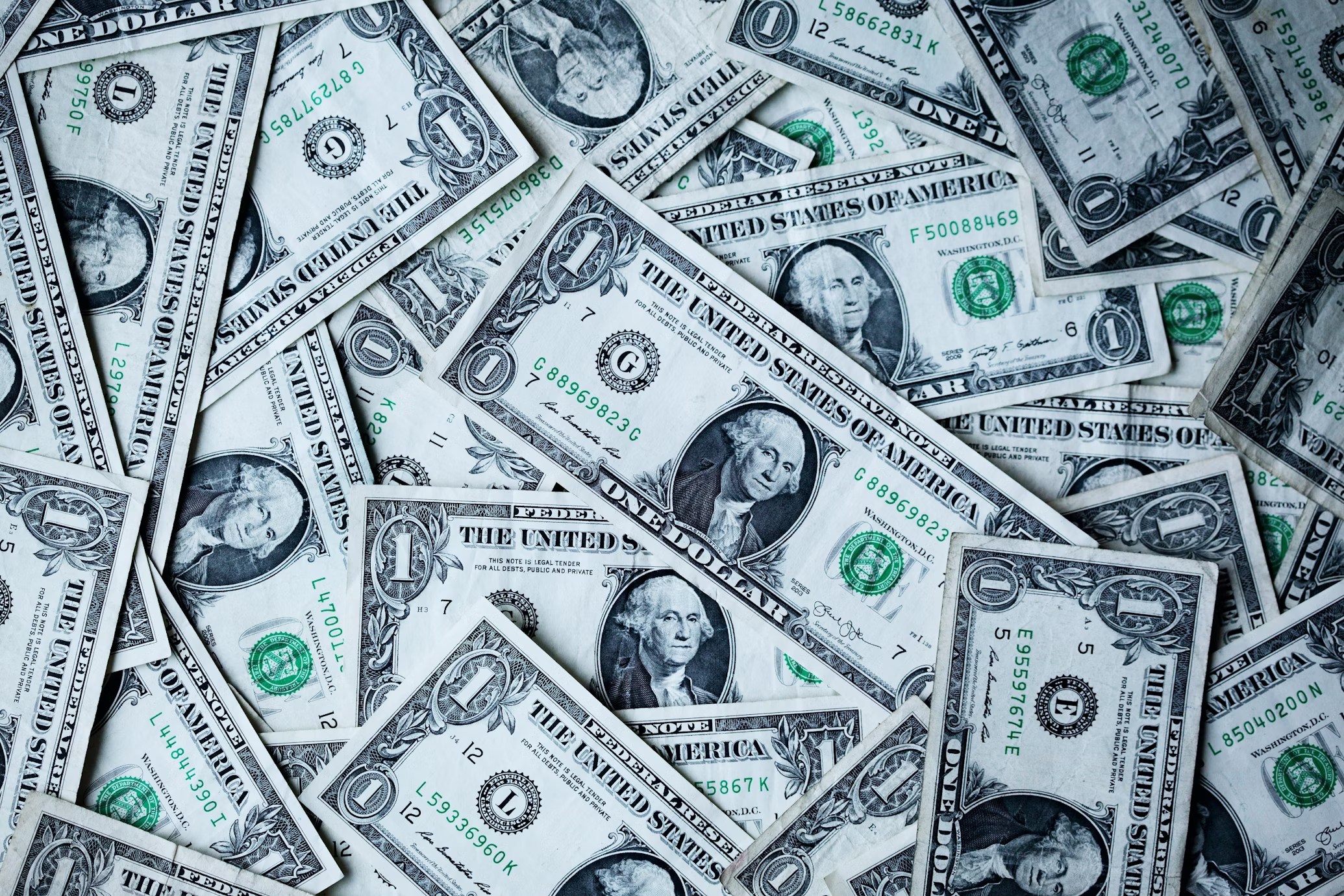In today’s globalized world, the need for currency conversion is more common than ever before. Whether you’re a frequent traveler, an investor, or an online shopper purchasing goods from international sellers, understanding how to convert one currency into another is essential. A money converter, also known as a currency converter, can help simplify this process. In this article, we’ll delve deep into the world of money conversion, explore how these tools work, and guide you through everything you need to know.
What is a Money Converter?
A money converter is a digital tool designed to assist individuals and businesses in converting one currency into another. It uses real-time exchange rates to provide the most accurate conversion possible. Money converters are available as standalone tools or integrated into larger platforms like financial apps, online banking systems, and websites dedicated to currency exchange. The primary goal is to help users make informed decisions regarding international transactions, investments, and travel.
These converters are widely used by people engaging in cross-border transactions, as they provide a quick and easy way to determine the equivalent value of money in different currencies. For instance, when traveling abroad, you can use a money converter to know how much local currency you’ll get for your home currency.
How Does a Money Converter Work?
Money converters rely on exchange rates, which represent the value of one currency relative to another. These exchange rates fluctuate based on various factors, including economic conditions, market demand, political stability, and more.
When you input a specific amount of one currency into a money converter, the tool multiplies the entered value by the current exchange rate of the two currencies involved. This gives you the equivalent value in the target currency. The more accurate the exchange rate data, the more reliable the conversion result will be.
It’s essential to note that while most money converters give real-time exchange rates, some may apply additional fees or margins, particularly when converting money through banks or currency exchange offices. This is because institutions often offer slightly different rates from the real market value, adding a profit margin.
Benefits of Using a Money Converter
Instant Currency Conversion
One of the most significant advantages of using a money converter is the speed at which it provides conversion results. You can instantly know how much of a specific currency you will get by entering the amount you wish to convert. This is especially helpful when traveling or purchasing items from international sellers.
Budgeting for Travel
Travelers can significantly benefit from currency converters as they help estimate how much money will be needed in the destination country. By using a converter, travelers can plan their budget, ensuring that they bring the right amount of local currency or know how much to withdraw from ATMs during their trip.
Investment and Trading Decisions
For investors and traders dealing with foreign exchange (Forex) markets, accurate currency conversion is crucial for making informed decisions. A money converter helps in real-time calculations, enabling investors to determine if the exchange rate works in their favor.
Cost-Effective Shopping Online
When shopping online from international stores, currency converters help shoppers understand the final cost of the products, including any added shipping fees. This is particularly useful for e-commerce transactions, where prices may be listed in foreign currencies.
Accurate Financial Planning
For businesses that deal with foreign clients, vendors, or employees, currency converters can help with financial forecasting and planning. Accurate currency conversion ensures that companies stay on top of international contracts, invoices, and payments.
The Role of Exchange Rates in Currency Conversion
Exchange rates are the foundation of any money converter. These rates determine how much one currency is worth in relation to another. Exchange rates are determined by a complex web of factors, including the following:
Supply and Demand: Just like any commodity, currencies are subject to supply and demand. When the demand for a particular currency rises, its value tends to increase relative to other currencies.
Interest Rates: Central banks influence exchange rates by adjusting interest rates. Higher interest rates attract foreign investments, which can increase the value of a currency.
Economic Indicators: Economic health indicators, such as GDP growth, inflation rates, and employment data, play a significant role in determining the value of a currency.
Geopolitical Events: Political stability or instability can impact a currency’s value. For example, countries in conflict may experience currency depreciation due to investor concerns.
Understanding Exchange Rate Fluctuations
Exchange rates fluctuate constantly based on these factors. A currency’s value might change every second due to global events, market speculation, and other influences. This makes money converters even more useful, as they rely on live exchange rate data to provide accurate conversions.
Different Types of Money Converters
Online Money Converters
Online money converters are accessible via websites and web applications. These converters provide real-time exchange rates, which can be especially useful for users who are constantly on the move. Popular online platforms include XE, OANDA, and X-Rates. These tools typically allow users to convert a variety of currencies and even view historical exchange rate data.
Mobile Money Converter Apps
Mobile apps have revolutionized currency conversion, allowing users to access conversion tools from the palm of their hands. Currency converter apps are available for both Android and iOS devices. Some apps also feature offline modes, so you can perform conversions without needing a data connection. Examples of popular apps include XE Currency, Revolut, and Currency Converter Plus.
Bank and Financial Institution Tools
Many banks and financial institutions provide built-in currency conversion tools for their customers. These tools often feature conversion rates tailored to the specific institution’s fees and exchange policies. For example, when transferring money internationally or withdrawing from an ATM abroad, a bank’s conversion tool will reflect the institution’s exchange rate.
Multi-Currency Wallets
Some digital wallets and online banking services also integrate currency conversion features. Platforms like PayPal, Revolut, and Wise offer users the ability to store multiple currencies and convert them as needed. These services typically provide better rates and lower fees than traditional banks.
Factors That Influence Currency Conversion Rates
Central Bank Policies
As mentioned earlier, central banks play a significant role in shaping exchange rates. By manipulating interest rates and conducting market interventions, central banks can affect the value of a currency. For example, the European Central Bank and the Federal Reserve regularly implement monetary policies that influence the Euro and the US Dollar.
Economic Performance
A country’s economic strength also impacts the value of its currency. Strong economic growth, low inflation, and low unemployment are often associated with a stronger currency. Conversely, economic crises, recessions, or high inflation can weaken a country’s currency.
Speculation and Market Sentiment
Currency markets are highly speculative, meaning that traders’ sentiments and predictions can cause sharp fluctuations in exchange rates. A trader’s belief in a country’s economic prospects can impact currency values.
Political Factors
Government stability, elections, and other political factors can affect a country’s currency. Uncertainty due to political upheaval can lead to a drop in the value of a currency as investors seek stability elsewhere.
Currency Conversion for Businesses
Currency conversion plays an essential role in businesses that engage in international trade. From purchasing raw materials in foreign currencies to making international payments, businesses must manage exchange rate risks. A company dealing with overseas clients or suppliers may use money converters to:
Determine the cost of goods and services from foreign vendors.
Estimate expenses and revenues in local currency.
Manage cross-border financial transactions.
Calculate taxes and duties on imported goods.
In addition, large companies may use specialized software to track exchange rates and hedge against currency fluctuations.
Money Converters and the Future of Digital Finance
The future of money converters looks promising, especially with the rise of cryptocurrencies and digital financial services. Many cryptocurrency platforms already integrate money conversion tools to allow users to trade between digital and fiat currencies seamlessly. Additionally, the rapid development of FinTech solutions will likely make money conversion even more accessible and accurate.
As the financial world becomes increasingly digitized, more advanced money converters will emerge, offering a seamless experience for both individuals and businesses. The introduction of AI and blockchain technology may also contribute to more secure, faster, and transparent currency exchange processes.
FAQs
What Is a Money Converter?
A money converter is an online tool or application that allows users to convert one currency to another using the latest exchange rates. These tools are essential for travelers, businesses, and investors who need to stay updated on currency value changes.
How Does a Money Converter Work?
Money converters pull real-time exchange rate data from financial markets or central banks. Once you input an amount and select the currencies to convert, the tool uses the latest rates to calculate the equivalent value instantly.
Are Money Converters Accurate?
Most online money converters are highly accurate as they source data from global financial institutions. However, rates can fluctuate due to market changes, so it’s advisable to double-check rates if you’re making a large financial decision.
How Frequently Do Exchange Rates Change?
Exchange rates are highly volatile and can change multiple times a day. Some converters update rates every minute, ensuring users access the latest information.
Can I Use a Money Converter for International Travel?
Yes, money converters are a traveler’s best friend. They help you calculate how much local currency you’ll receive for your home currency. This allows you to budget appropriately and avoid overpaying at currency exchange kiosks.
Final Thought
Money converters have become an indispensable tool for people engaged in international travel, commerce, and investment. Whether you’re converting money for a vacation, making a cross-border payment for business, or shopping online, currency conversion is an essential part of modern life. By understanding how these tools work and the factors that influence exchange rates, users can make informed decisions that help them navigate the world of currency exchange more effectively.
As financial technology continues to evolve, the role of money converters in streamlining global transactions will only become more significant, offering greater convenience and accuracy for users across the globe.
To read more; Click here



